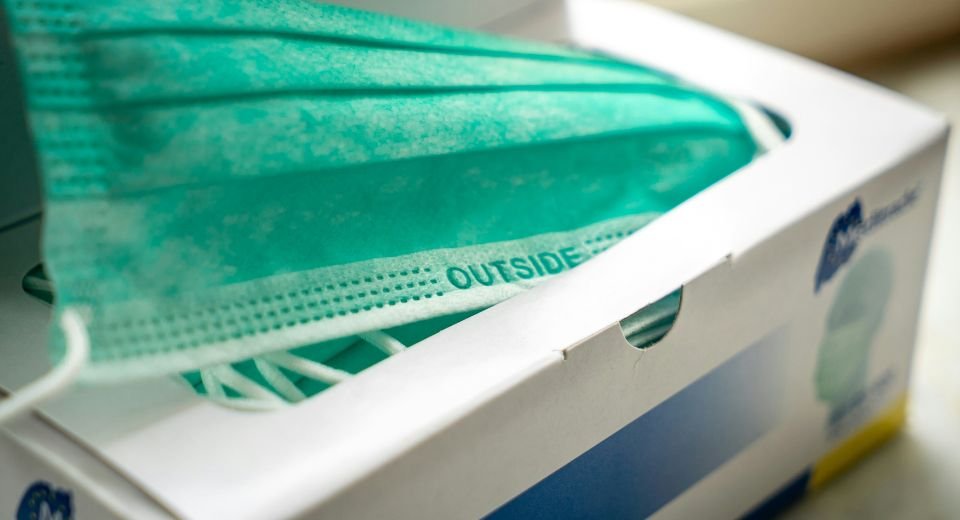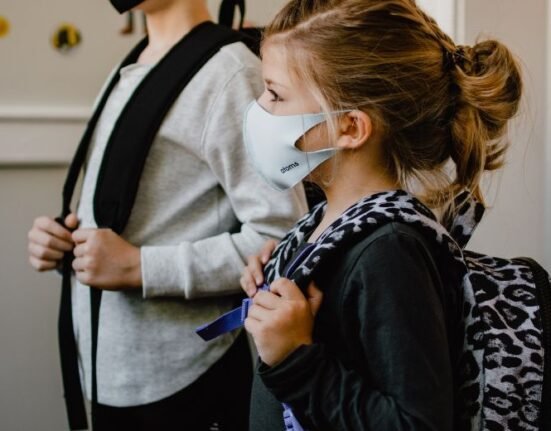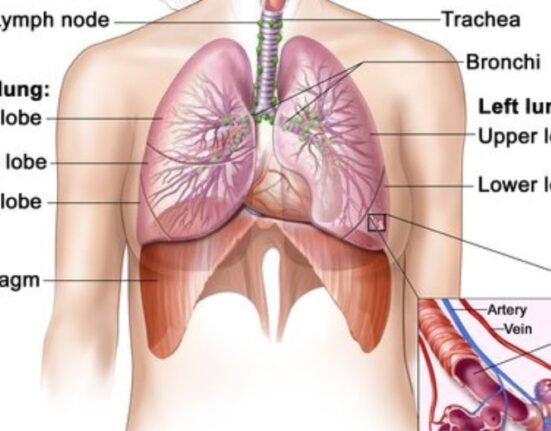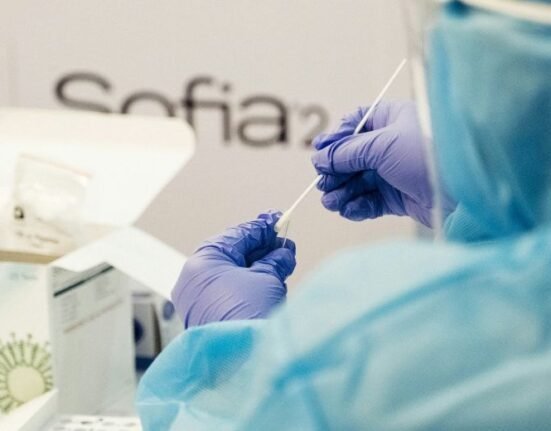HQ Team
August 7, 2024: The WHO’s event-based surveillance system has reported that at least 40 athletes participating in the Olympic Games in France had tested positive for Covid-19 or other respiratory illnesses.
WHO has been working closely with the International Olympic Committee and the Government of France to protect the health and well-being of the 10,714 athletes, and spectators, during the Games, according to an emailed statement.
WHO Director-General Dr Tedros Adhanom Ghebreyesus on July 25 said: “Just as athletes and fans around the world have been preparing for the Paris Olympics, WHO has been working with the IOC and the Government of France to make sure these Games are healthy and safe for everyone involved.”
It called on the French government for guidance on vaccines that travellers may need before journeys, protecting against various illnesses, such as respiratory diseases or mosquito- and tick-borne illnesses, and staying cool and hydrated.
More severe variants
The infection which has killed more than seven million people worldwide is making a worrying comeback and is unlikely to decline soon, the UN warned.
The UN health agency, the World Health Organization, is also concerned that more severe variants of the coronavirus may soon be on the horizon.
“COVID-19 is still very much with us,” Dr Maria Van Kerkhove, who works in the Health Emergencies Program at the World Health Organization told journalists in Geneva on August 6.
“Data from our sentinel-based surveillance system across 84 countries reports that the percentage of positive tests for SARS-CoV-2 has been rising over several weeks,” the infectious disease epidemiologist expert said.
New waves
“Overall test positivity is above 10% but this fluctuates per region. In Europe per cent, positivity is above 20%,” she said in a UN statement.
New waves of infection have been registered in the Americas, Europe and the western Pacific. Wastewater surveillance suggests the circulation of SARS-CoV-2 is from two to 20 times higher than current figures reveal.
Such high infection circulation rates in the northern hemisphere’s summer months are atypical for respiratory viruses, which tend to spread mostly in cold temperatures.
“In recent months, regardless of the season, many countries have experienced surges of Covid-19, including the Olympics,” Dr Van Kerkhove said. WHO reported that at least 40 athletes had tested positive for Covid-19 or other respiratory illnesses.
Vaccination shortage
As the virus continues to mutate and spread, there is a growing risk of a more severe strain that could potentially evade detection systems and be unresponsive to medical intervention, she said.
The WHO has urged governments to strengthen vaccination campaigns to make sure that the highest-risk groups get their jabs at least once in 12 months.
“As individuals, it is important to take measures to reduce the risk of infection and severe disease, including ensuring that you have had a COVID-19 vaccination dose in the last 12 months, especially if you are in an at-risk group,” Dr Van Kerkhove said.
According to the WHO, the availability of vaccines has declined substantially over the last 12 to 18 months because the number of producers of Covid-19 vaccines has recently decreased.
‘I am concerned’
“It is very difficult for them to maintain the pace,” she said. “And certainly, they don’t need to maintain the pace that they had in 2021 and 2022. But let’s be very clear, there is a market for COVID-19 vaccines that are out there.”
Nasal vaccines are still under development but could potentially address transmission, thereby reducing the risk of further variants, infection and severe disease. “I am concerned.”
“With such low coverage and with such large circulation, if we were to have a variant that would be more severe, then the susceptibility of the at-risk populations to develop severe disease is huge,” she said.








